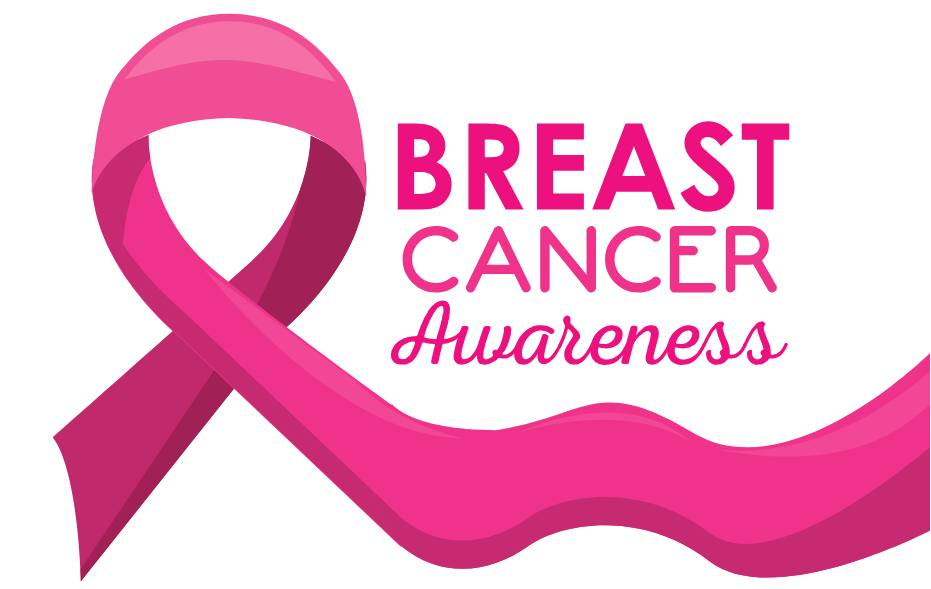
October is National Breast Cancer Awareness Month
October is National Breast Cancer Awareness Month. Breast cancer affects everyone: patients, spouses, children and friends. Sadly, all of us have been impacted by breast cancer in some manner. In the U.S., 1:8 women will develop breast cancer in their lifetime.
At the time of a cancer diagnosis, a multitude of emotions emerge, and decisions can be overwhelming. Commonly, numerous questions arise, and future fertility dominates one’s thoughts. Possible questions may include: Does chemotherapy impair the function of my ovaries and/or uterus? What impact does radiation have on reproduction? If I am single, what are my reproductive options for fertility preservation? And, are there options to maintain fertility for teenagers?
This year alone, the number of breast cancer survivors in the United States exceeds 3 million. Fortunately, numerous options exist to help cancer patients preserve their fertility before, during, and after cancer therapy. Technological and medical advancements are constantly under development to help expand reproductive options. For example, medications, leuprolide or goserelin, can be administered during chemotherapy to help “protect” the ovaries from damage. In addition, ovaries can be repositioned in the pelvis by using ovarian transposition, in order to displace the ovaries to avoid radiation. Furthermore, current technology has mastered the safe freezing of eggs and embryos (fertilized eggs) for later use.
Often, freezing eggs or embryos are a good option for many patients; however, freezing does not provide a guarantee of future fertility. If you have a current or past history of cancer or if you have difficulty conceiving, discuss your reproductive options with your fertility specialist. Parenthood is an achievable goal for many couples struggling with infertility.

